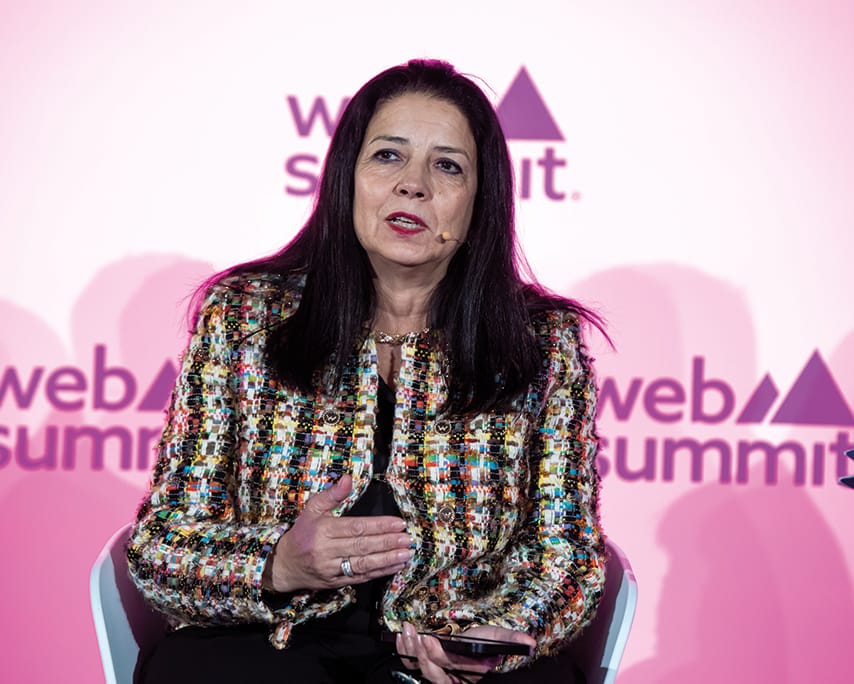Harnessing intellectual resources for positive community impact
On World Science Day for Peace and Development, we celebrate the power of science to foster prosperity and solve some of the world’s most pressing challenges. Nowhere is this potential more vibrant or urgent than in Africa, a continent rich in resources, young talent, and innovative potential. With the right support, African nations could harness science and technology to build their own industries, reduce reliance on foreign solutions, and emerge as global leaders in fields such as renewable energy, agriculture, and digital services.
However, realising this potential is not without challenges. Africa’s scientific community faces several significant hurdles, including inadequate infrastructure, limited investment in research, and a shortage of skilled professionals. Many African researchers work in under-resourced environments, where outdated buildings, lack of state-of-the-art equipment, and limited access to modern technology hinder their ability to conduct high-quality research. Overcoming these obstacles is essential if Africa is to unlock its full potential for scientific innovation.
One area where Africa can drive transformative change is through Artificial Intelligence (AI). AI presents a tremendous opportunity to address the continent’s unique challenges, offering new agriculture, healthcare, and climate resilience solutions. For instance, AI is already being used in agriculture to predict crop yields and analyse climate data, helping farmers adapt to changing conditions, improving food security, and supporting sustainable farming practices. Such AI-driven solutions could be a game changer, allowing African nations to develop self-sufficiency in food production while responding to climate challenges. In healthcare, AI-powered tools are being employed to help address the shortage of medical professionals and the scarcity of healthcare resources in remote areas. In such cases, AI is used to improve diagnostics, manage patient data more effectively, and provide virtual consultations, building towards making quality healthcare accessible even in underserved regions. By integrating AI into healthcare systems, Africa can bridge gaps in medical care, particularly in rural and remote areas, improving the quality of life and health outcomes for millions of people.
Despite these promising advancements, unconscious bias is another issue that requires attention in Africa’s scientific community and globally. Unconscious bias is people’s automatic judgments and stereotypes about others, often without realising it. This bias can affect who receives opportunities, funding, or recognition, potentially sidelining talented researchers and innovators based on gender, background, or ethnicity. Addressing unconscious bias is crucial for fostering a more equitable scientific community that celebrates diverse perspectives and skills. When all researchers have equal access to opportunities and resources, the potential for breakthrough innovations increases exponentially.
Investing in Africa’s scientific infrastructure, expanding research funding, and training skilled professionals are critical steps to building a sustainable and resilient scientific community. By addressing these barriers and nurturing homegrown talent, African nations can reduce their reliance on foreign solutions and drive their own technological advancements. Additionally, empowering African scientists and innovators means the continent can contribute unique insights and perspectives to global challenges such as climate change, health equity, and sustainable development.
On this World Science Day for Peace and Development, the global community is reminded of the importance of supporting Africa’s scientific aspirations. By fostering collaboration, providing necessary resources, and tackling issues like unconscious bias, we can create a future where African nations thrive as innovative leaders, contributing to a more peaceful and prosperous world.



